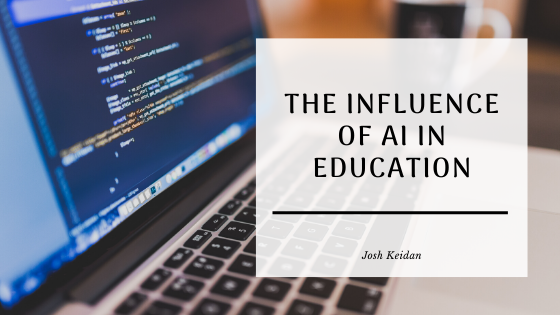In a few years, artificial intelligence will begin to spread across every industry and transform the way people live their daily lives. Education is one area that the value of AI will be revolutionary, though parents may wonder what impact technology in the classroom poses to children and their brain development.
Learning Redefined
Nearly 50 percent of all U.S. schools will use some form of AI or machine learning by 2021. Although teachers will never be phased out of the education system, their role and didactic methodologies are changing to adapt to technology.
AI education solutions are designed to bridge gaps and help students overcome their biggest challenges. Teaching AI presents an unprecedented level of personal care that traditional teachers simply can’t meet in classes that average 30 students.
AI systems provide valuable feedback that inspires rather than demotivates students; even with their best efforts to inspire a love of learning, many teachers don’t have the time to work one-on-one with their pupils, which can cause students to develop a disdain for education early in life.
Thanks to artificial intelligence, students can receive personalized challenges that help them master subject material without feeling discouraged or falling behind their peers. AI is able to identify knowledge gaps and supplement materials much faster, giving instructors more time to focus on the “big picture” while technology takes care of the smaller but invaluable details.
Adapting Students to a Tech-Driven Future
The days of whiteboards and projectors are long gone. Students today were born into a world already rife with technology, and it’s only going to get smarter and more diverse as they grow. Teaching kids how to work with AI now will prepare them for a future that depends on artificial intelligence.
With the influx of STEM education, students need to be prepared for a world that is driven by high-level technology, including artificial intelligence. In fact, many of their future job prospects will be rooted in engineering and development as AI begins to dissolve many human positions.
AI is something designed to enhance life, though, not overtake it. The job of educational artificial intelligence is to facilitate and improve teaching practices, not make human instructors obsolete. With this new wave of education on the horizon, parents should begin to explore how the world is changing and plan ahead to help their children adjust.

